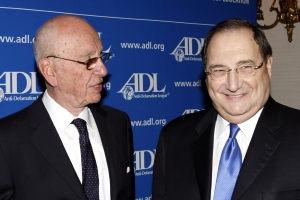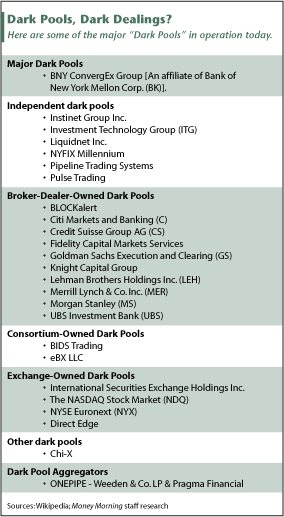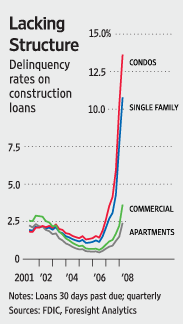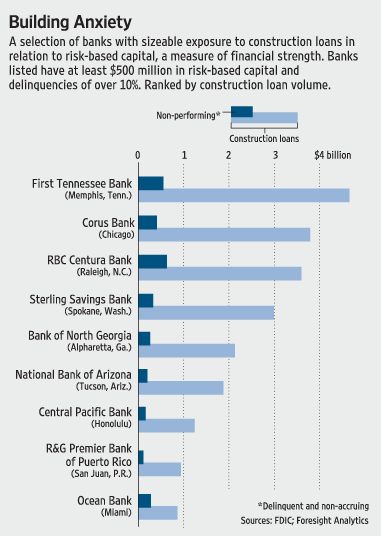The global free market for food and energy is facing its biggest threat in decades as a host of countries push through draconian measures to hold down prices, raising fears of a new “resource nationalism” that could endanger world food security.

Somali’s demonstrate against high food prices in the capital Mogadishu. At least two people were killed in clashes
India shocked the markets yesterday by suspending trading in futures contracts for a range of farm products in a bid to clamp down on alleged speculators and curb inflation, now running at 7.6pc.
The country’s Forward Markets Commission said contracts for soybean oil, chana (chickpeas), potatoes, and rubber had been banned for four months, even though a report by the Indian parliament last month concluded that soaring food costs had almost nothing to do with the futures contracts. Traders in Mumbai slammed the ban as an act of brazen political populism.
The move has been seen as a concession to India’s Communist MPs – key allies of premier Manmohan Singh – who want a full-fledged ban on futures trading in sugar, cooking oil, and grains.
As food and fuel riots spread across the world, a string of governments have resorted to steps that menace the free flow of food and key commodities. Argentina has banned beef exports, while Egypt and India have stopped shipments of rice.
Kazakhstan has prohibited wheat exports. Russia has slapped a 40pc export duty on shipments, and Pakistan a 35pc duty.
China, Cambodia, Malaysia, Philipines, Sri Lanka, and Vietnam have all imposed export controls or forms of rationing to ease the crisis.
UN Secretary-General Ban Ki-moon has warned that this lurch towards national controls is becoming a threat to the open global system we all take for granted. “If not handled properly, this crisis could result in a cascade of others and affect political security around the world,” he said.
A new report by UBS says the scramble for scarce raw materials is turning ever more political, with ominous implications for ill-endowed societies that rely on imports.
“The bottom line is that countries with resources, particularly in food and energy are becoming more protective of these resources,” it said.
(I know I am repeating myself and I know that many are already well prepared. This is for the ones that are not:
Store food and water “NOW”. Do this in a relaxed manner because your brain shuts down when you are under stress and in survival mode. – The Infinite Unknown)
Read moreGlobal free market for food and energy faces biggest threat in decades







